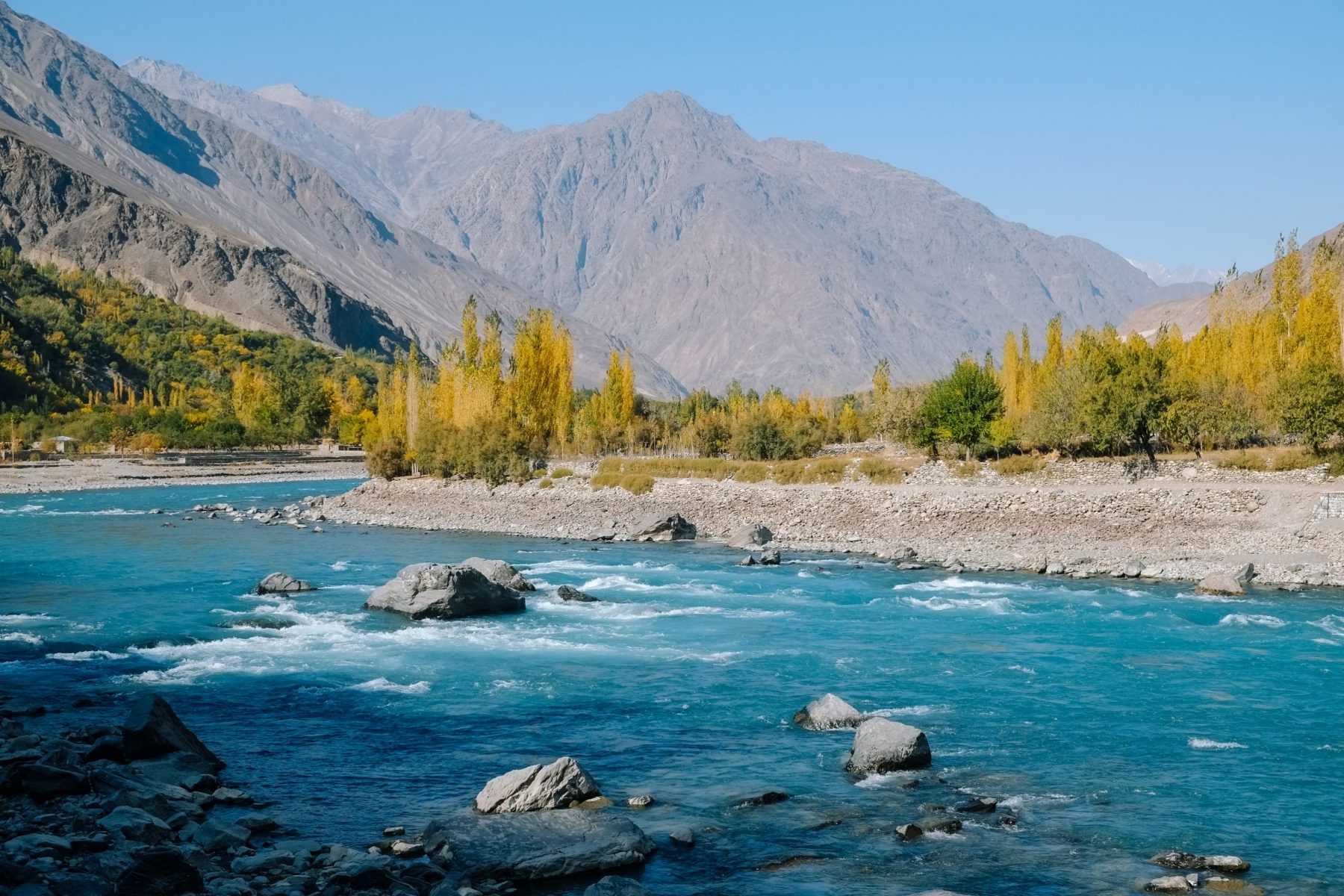
Pakistan
Pakistan, officially the Islamic Republic of Pakistan, is a country in South Asia. It is the world’s fifth-most populous country with a population exceeding 212.7 million people. In the area, it is the 33rd-largest country, spanning 881,913 square kilometers
-
Recommended Travel Vaccinations For Pakistan
-
VACCINE
Hepatitis A
HOW DISEASE SPREADS
You can get Hepatitis A through contaminated food or water in Pakistan ,regardless of where you are eating or staying.
PREVENTIVE ACTIONS
•Get vaccinated
•Eat and drink safely
-
VACCINE
Hepatitis B
HOW DISEASE SPREADS
You can get hepatitis B through sexual contact, contaminated needles, and blood product and recommends this vaccine if you might have sex with a new partner, get a tattoo or piercing, or have any medical procedures.
PREVENTIVE ACTIONS
•Get Vaccinated
•Avoid sharing body fluids
• Avoid non sterile medical or cosmetic equipment
-
VACCINE
Rabies
HOW DISEASE SPREADS
You can get Rabies from the Saliva of the infected animals.
PREVENTIVE ACTIONS
•High risk country
•Vaccine recommended for long- term travelers and those who may come in contact with animals
-
VACCINE
Typhoid
HOW DISEASE SPREADS
You can get Typhoid through contaminated food or water in Pakistan . Specially if you are traveling in rural areas.
PREVENTIVE ACTIONS
•Get vaccinated
• Eat and Drink safely
-
VACCINE
Japanese Encephalitis Vaccine
HOW DISEASE SPREADS
Japanese encephalitis (JE) is a disease spread through mosquito bites. Symptoms usually take 5-15 days to develop and include fever, headache, vomiting, confusion, and difficulty moving.
PREVENTIVE ACTIONS
•Get vaccinated
• Prevent bug bites
-
VACCINE
Maleria
HOW DISEASE SPREADS
Malaria is a mosquito-borne infectious disease that effects humans and other animals.Malaria causes symptoms that typically include fever, tiredness, vomiting, and headaches.In severe cases it can cause yellow skin, seizures, coma, or death. You may need to take prescription medicine before, during, and after our trip to prevent malaria, depending on your travelplans, such as where you are going, when you are traveling, and if you are spending a lot of time outdoors or sleeping outside.
PREVENTIVE ACTIONS
•Take antimalarial meds
• Prevent bug bites
VACCINE
HOW DISEASE SPREADS
PREVENTIVE ACTIONS
-
-
Routine Vaccination For Pakistan
-
VACCINE
Measles Mumps Rubella (MMR)
HOW DISEASE SPREADS
Rubella is a contagious disease caused by a virus.symptoms that can include a low-grade fever, sore throat, and a rash that starts on the face and spreads to the rest of the body.
PREVENTIVE ACTIONS
•Get vaccinated
•Keep away from animals
•Avoid touching body fluids
•Avoid sharing body fluids
-
VACCINE
TDAP (Tetanus, Diphtheria & Pertussis)
HOW DISEASE SPREADS
Wounds & Airborne. Only one adult booster of pertussis required.
PREVENTIVE ACTIONS
•Get vaccinated
•Avoid touching body fluids
•Avoid sharing body fluids
-
VACCINE
Flu Shot
HOW DISEASE SPREADS
The flu vaccine is the most effective way to prevent illness caused by seasonal influenza viruses. The flu vaccine reduces a person's risk of developing flu-related illness.
PREVENTIVE ACTIONS
•Get vaccinated
-
VACCINE
(Varicella) Chickenpox
HOW DISEASE SPREADS
Chickenpox is an airborne disease. Spread easily through the coughs and sneezes of an infected person.
PREVENTIVE ACTIONS
•Get Vaccinated
•Avoid touching body fluids
•Avoid contacting with the blisters
-
VACCINE
Polio Vaccination
HOW DISEASE SPREADS
Polio (poliomyelitis) is a potentially deadly, life-altering disease. The virus enters the body and attacks the brain and spinal cord, often causing paralysis.
PREVENTIVE ACTIONS
•Get Vaccinated
•Avoid sharing contacts with infected people
•Avoid contaminated food or water, though sneezes or coughs can transmit the virus
VACCINE
HOW DISEASE SPREADS
PREVENTIVE ACTIONS
-
by ptadmin | Jan 8, 2020 | Destinations, Top Destinations | 0 comments



Recent Comments